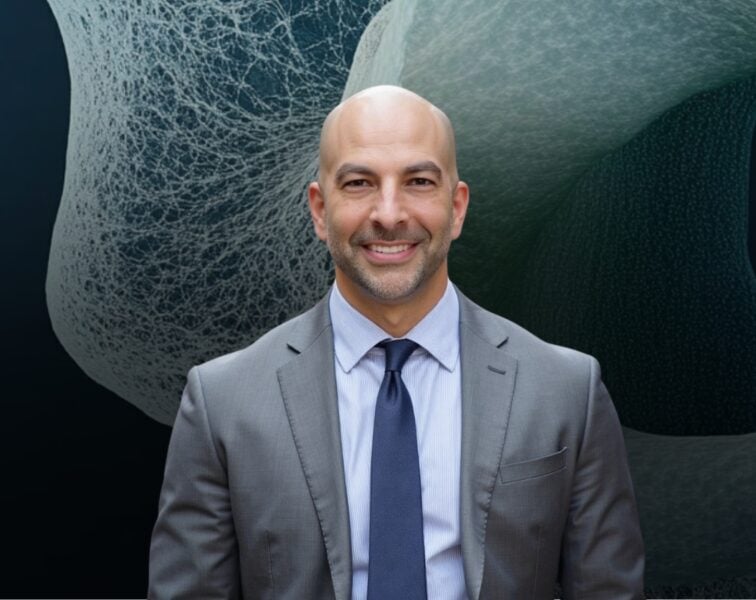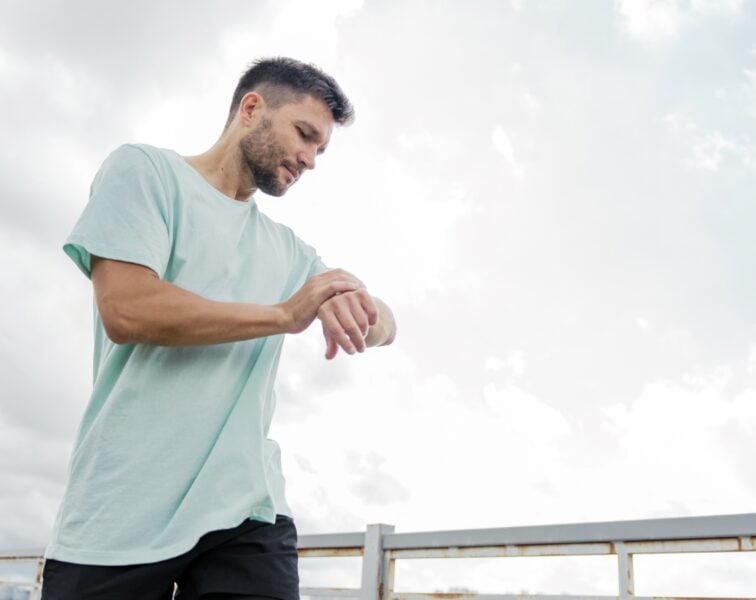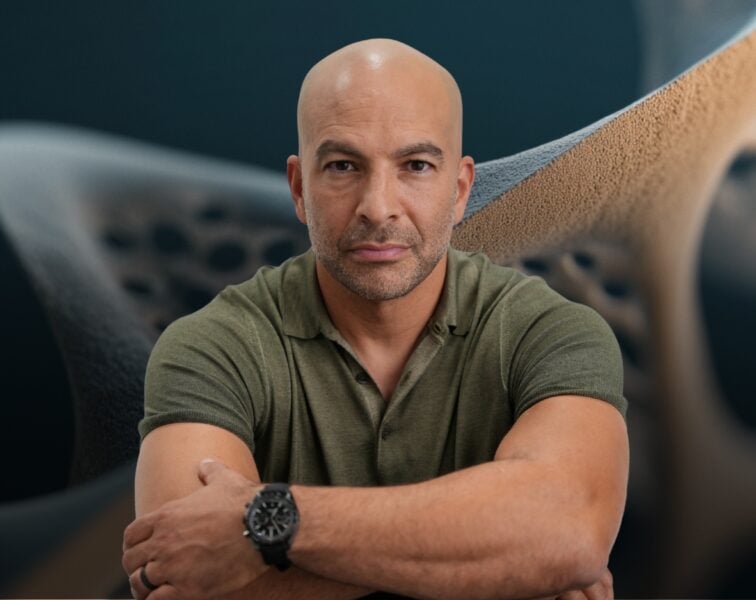In this “Ask Me Anything” (AMA) episode, Peter describes what it means to exercise with the goal of longevity in mind, including his personal goals, exercise framework, and how he is optimizing for what he refers to as the “Centenarian Decathlon.” He explains the various types of cardiovascular training and how to partition your time between intensity levels (i.e., zone 2 training vs. zone 5 training) to optimize cardiorespiratory benefit. Additionally, Peter dives deep into questions around VO2 max, such as why it’s critical for longevity, how to improve it, and the value in starting VO2 max optimization early in life.
If you’re not a subscriber and are listening on a podcast player, you’ll only be able to hear a preview of the AMA. If you’re a subscriber, you can now listen to this full episode on your private RSS feed or on our website at the AMA #39 show notes page. If you are not a subscriber, you can learn more about the subscriber benefits here.
We discuss:
- Exercise topics to be discussed [1:45];
- Peter’s exercise goals, and the Centenarian Decathlon [4:00];
- Peter’s exercise framework, and how he tracks his MET hours [8:30];
- How to partition your time between low and high intensity exercise to optimize results [13:15];
- Zone 2 exercise: ideal training methods and how to determine your zone 2 level [23:15];
- Rucking as a versatile mode of exercise [31:45];
- Zone 5 exercise: modalities of training, time per week, and other considerations [34:30];
- The importance of knowing your VO2 max, and methods for estimating it [38:15];
- Training methods for improving VO2 max, and realistic targets for improvement [46:00];
- Relationship of VO2 max with age and the required fitness levels for daily life activities and exercise [52:30];
- The training necessary to maintain an elite VO2 max throughout life [58:45];
- The value in starting early: the compounding nature of fitness [1:01:45]; and
- More.
Get Peter’s expertise in your inbox 100% free.
Sign up to receive An Introductory Guide to Longevity by Peter Attia, weekly longevity-focused articles, and new podcast announcements.
Exercise topics to be discussed [1:45]
- There have been a lot of follow up questions after the recent exercise content on The Drive
- Today will be some rapid fire questions going a little deeper on exercise topics
- If all goes to plan we’ll cover all four pillars of questions that have come in
- It should be a good well rounded AMA on all things exercise
Peter’s exercise goals, and the Centenarian Decathlon [4:00]
The Centenarian Decathlon is simply a mental model for how Peter thinks about training
- In Peter’s long experience with training, something became very clear: Specificity matters
- But people confuse specificity with narrow, that’s not the case
- You can be broadly trained and broadly conditioned, but with specificity and focus—that’s really what the Centenarian Decathlon is all about
- You can be narrowly focused with great specificity, that’s what certain types of athletes are doing.
- For instance, if you’re the best golfer in the world, there are some really, really specific things that you need to be doing
- You’re training is basically focused on enhancing those very, very specific movements and probably some training to counterbalance the asymmetry there
- So it’s very difficult to be successful in a physical endeavor if you are not pursuing some sort of objective
- The “I’m just going to work out” strategy doesn’t really produce great results over the long haul
- And we’re going after a really hard problem—which is to be in the last decade of your life, what we call the marginal decade, and be incredibly robust physically
What does that look like to be physically robust in the marginal decade?
- Imagine a 90 year old who’s functioning like a 70 year old, but that is going to require a lot of preparation
- When you think about the inevitability of decline of muscle mass, strength, cardiorespiratory fitness, you have to be training for that with the same degree of focus and specificity that a person is training for to be an exceptional athlete in their 30s or 40s
- The Centenarian Decathlon basically forces us to be specific in what our metrics are in that last decade of life, and it allows us to “backcast” from there
- Forecasting from wherever you are today will almost without exception fail to get you where you need to go, because you’ll end up missing the mark by slipping underneath it
- Instead you want to start with where you need to be at the very end and work your way backwards
Peter’s exercise framework, and how he tracks his MET hours [8:30]
How Peter’s training has changed over the years:
{end of show notes preview}
Would you like access to extensive show notes and references for this podcast (and more)?
Check out this post to see an example of what the substantial show notes look like. Become a member today to get access.



